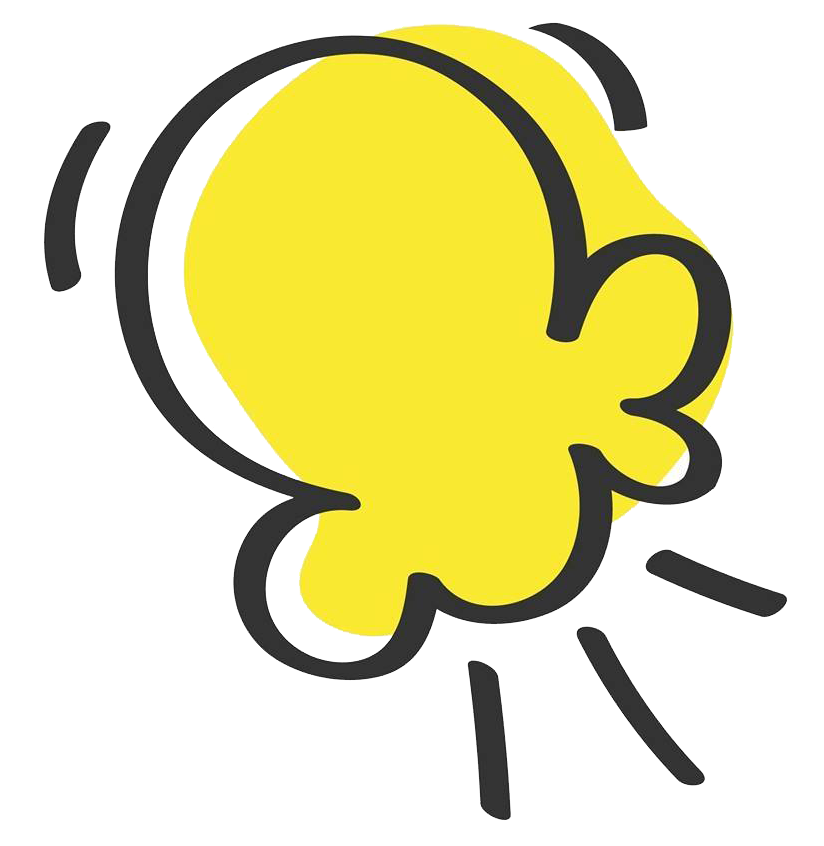Call Jane: Pre-Roe v Wade period drama points the finger at today
Phyllis Nagy’s timely and motivating period drama, Call Jane, points the finger at the U.S. Supreme Court's decision to overturn Roe v Wade by taking us back to the sixties, when women had to plot and sneak for the right to rule over their own bodies.
Set in the late 1960s, Call Jane follows Joy (Elizabeth Banks), a pregnant housewife who is denied a life-saving abortion and sets out to find an alternative to hospital treatment. When she discovers an underground group that offers services to facilitate safe, but illegal, abortions, she gets involved. The absence of a “based on a true story” title card is on account of Joy being a fictionalisation, but the tale of the Chicago-based clandestine activists known as ‘The Janes’ is very much true.
“Nobody’s Jane. We’re all Jane.”
Chris Messina plays Joy’s chauvinistic husband, an insecure man who wears his emotions (mainly contempt) on his sleeve. Elizabeth Banks, on the other hand, plays a concoction of emotions at any given time – uptight, cynical, compassionate, fearful, angry and proud – so that the audience is enticed to read her carefully. Her character development progresses at a believable pace, giving first-time feature director Phyllis Nagy (Mrs Harris) the space to explore the moral, social and political complexities of the women’s rights issues that are all-too relevant today.
Nagy’s empathetic female gaze is necessary for a story so sensitive, and at no point is that more obvious than during Joy’s procedure. For four-and-a-half minutes we are in the room with her, vicariously holding her hand as she is invaded by a young, quasi-blasé doctor (Gotham’s Cory Michael Smith). Nagy unapologetically leads us into these confronting situations in a way that says, “Welcome, look how far we’ve come, look at how we fought for you, and look at how you’ve taken a step back.”
As you would expect from three-time Oscar-nominee Sigourney Weaver, she not only understands her role, but commands it. The icon brings a wise, demanding presence to her character, Virginia, the figurehead of The Janes, and is given her time to shine in a focused, if a bit lengthy, negotiation scene. When the film wavers on tonal indecision, Virginia points the bow toward the goal, challenging judgmental Joy to modernise her thinking and gives the overall narrative a sense of direction. To clarify the purpose of The Janes, she tells fresh-eyed Joy: “We help women. We don’t ask questions.”
Hayley Schore and Roshan Sethi, creators and writers of the medical drama series The Resident, deliver a driven screenplay which, despite its tendency to drag its feet, spotlights important conversations about prejudice and privilege. That doesn’t mean the film is without its share of undercooked characters, including Joy’s daughter, Charlotte (Grace Edwards). Her frustrations at her mother are confusing, and her change of heart is rushed and unbelievable. Kate Mara (Fantastic Four, The Martian) is reduced to the cliché of the two-faced, nosy neighbour who is, in the end, utterly redundant. This is particularly a shame in a film about female empowerment and makes you wonder what could’ve been if Nagy was the one who held the pen. She wasn’t nominated for Best Adapted Screenplay for Cate Blanchett’s Carol (2015) for nothing.
The soundtrack is full of lesser-known tracks, largely from women. With folk-rock acoustics and on-the-nose lyrics, this protest music is another layer of social push-back from the female filmmaker. But it isn’t enough to highlight the urgency, the fight, the rage that so many women feel when faced with such a severe form of injustice.
Call Jane is a mirror, reflecting the anxieties and perseverance of women in a post-Roe v Wade society. Despite its general passivity, what the film seeks to show us is that this is not just a feminist issue; it’s a human one.







